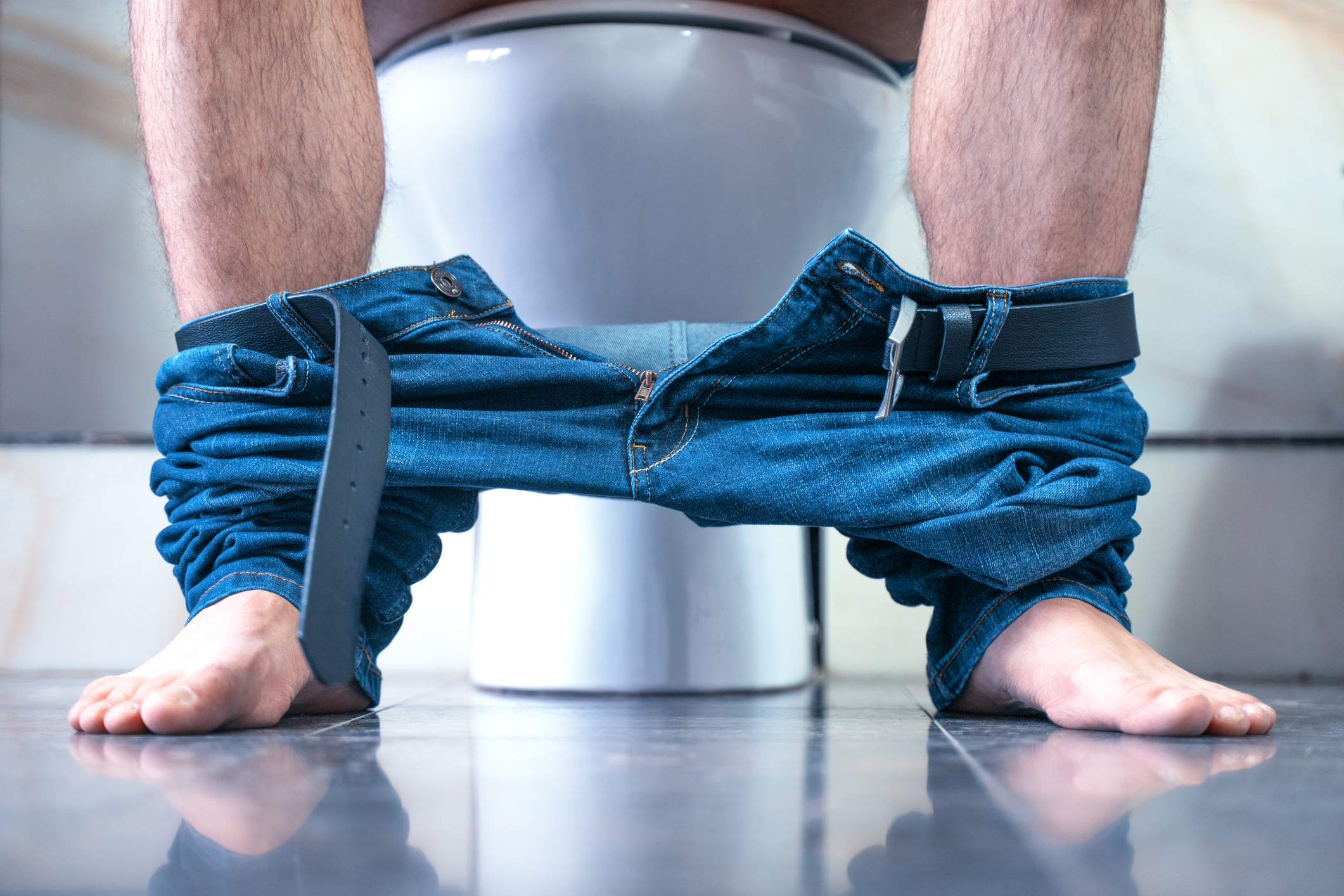Get Easy Health Digest™ in your inbox and don’t miss a thing when you subscribe today. Plus, get the free bonus report, Mother Nature’s Tips, Tricks and Remedies for Cholesterol, Blood Pressure & Blood Sugar as my way of saying welcome to the community!
Laxatives linked to high dementia risk

If you live with constipation, you know that it’s both uncomfortable and unhealthy.
Maybe you’ve turned to laxatives for relief.
But laxatives are a bad solution to the problem.
Making a habit of laxative use has a strong connection with dementia risk.
Not surprising, when you consider the importance of the biochemical signaling system that connects the gastrointestinal tract and the central nervous system (better known as the gut-brain axis).
In any case, while no causal link has been determined between laxatives and dementia, recent research shows the correlation between the two is strong enough to cause serious concern…
Laxative use and dementia are highly correlated
“Constipation and laxative use are common among middle-aged and older adults,” says Dr. Feng Sha of the Chinese Academy of Sciences in Guangdong, China.
Dr. Sha and colleagues from China, Britain and the United States have shown that people who regularly use laxatives have more than a fifty percent increased risk of developing dementia — including vascular dementia.
Their study involved 502,229 people in the U.K. Biobank database with an average age of 57 who were free of dementia.
Over about ten years, 1.3 percent of regular laxative users developed dementia, while only 0.4 percent of non-users developed dementia.
This translated to a 51 percent increased risk of dementia in people who regularly used laxatives. But in those that used more than one type, the risk could go even higher…
Laxatives risk by use and type
You may not realize that there are several different types of laxatives, differentiated by the way they work on your body.
Bulk-forming laxatives are not digested. Rather, they absorb liquid from the intestines and swell to form a soft, bulky stool that can pass more easily.
Stool-softening laxatives work by increasing the amount of water and fat in your stool, making it softer and easier to pass.
Stimulating laxatives speed up the movement of your bowels by stimulating the nerves that control the muscles lining your digestive tract.
In the study cited above, the risk of dementia increased by 90 percent for those taking more than one laxative type, as opposed to a 28 percent higher risk for people using just one type.
However, there was one exception to the lower risk associated with those taking a single laxative…
Osmotic laxatives, which draw water from the rest of your body into your bowels to soften stools, carried a significantly heightened dementia risk of 64%, compared to those who used none.
Natural alternatives to laxatives
Fortunately, if constipation is a problem for you, there’s a lot you can do before you reach for the laxative bottle.
First, you need to understand some common causes of constipation:
- Lack of physical activity
- Not drinking enough water
- A low-fiber diet
- Weak pelvic muscles
- Medications (here’s a list of 7)
These are all pretty easy fixes. Get moving, drink more water, improve your diet, and perform Kegel exercises to strengthen your pelvic floor muscles.
On top of all this, there are ways to support regular bowel movements. You may have heard of some of these…
- Ancient aloe – This cactus-like plant helps stimulate the bowel and soften stool for easier elimination.
- Inulin – This natural prebiotic found in chicory root helps support the natural production of beneficial bacteria in the colon by providing the intestinal fertilizer needed for healthy gut flora.
- Potassium – This critical mineral helps keep stool hydrated and moist promoting a healthy transit time from the digestive tract to the toilet.
- Cascara sagrada – Used by Native Americans for centuries to help promote bowel contractions and the urge to “go” for normal healthy bowel movements.
- Senna leaf – This natural herb helps support healthy stool consistency for regular, gentle bowel movements.
- Slippery Elm – This herb is a natural anti-inflammatory that helps regulate anal tissue swelling.
- Black Walnut hulls – This ancient remedy contains juglone, tannins and natural iodine which work together to help eliminate harmful organisms from the digestive tract helping to support healthy digestion and regularity.
Editor’s note: While you’re doing all the right things to protect your brain as you age, make sure you don’t make the mistake 38 million Americans do every day — by taking a drug that robs them of an essential brain nutrient! Click here to discover the truth about the Cholesterol Super-Brain!
Sources:
Study: People who regularly use laxatives may have an increased risk of dementia — Eureka Alert
Association Between Regular Laxative Use and Incident Dementia in UK Biobank Participants — Neurology













